Journey through sleep
Students have been sleep-deprived, small steps can help make a change
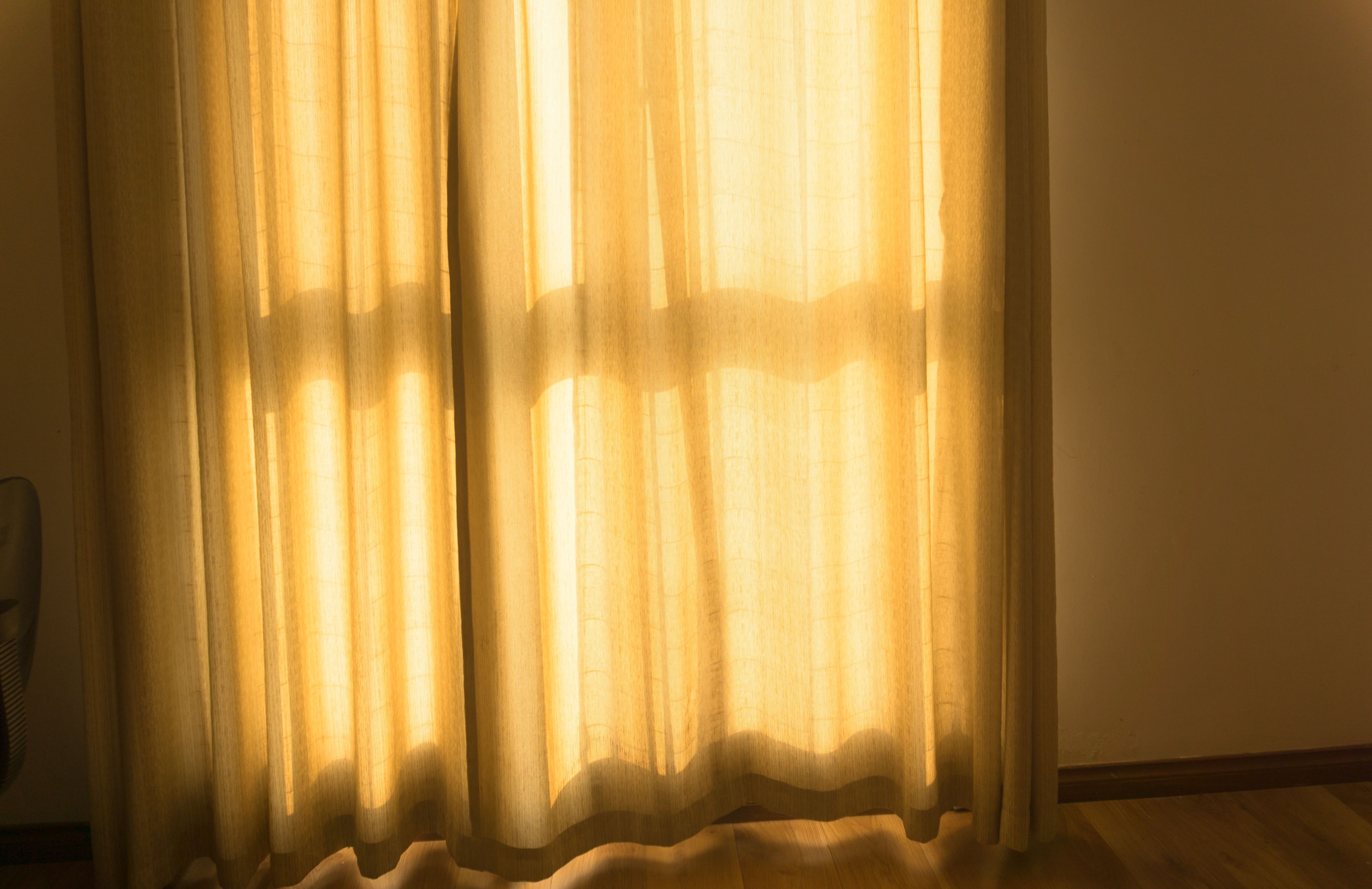
Humans spend one-third of their life sleeping
Considering the average lifetime of a human to be 73 years, we spend 24 years sleeping

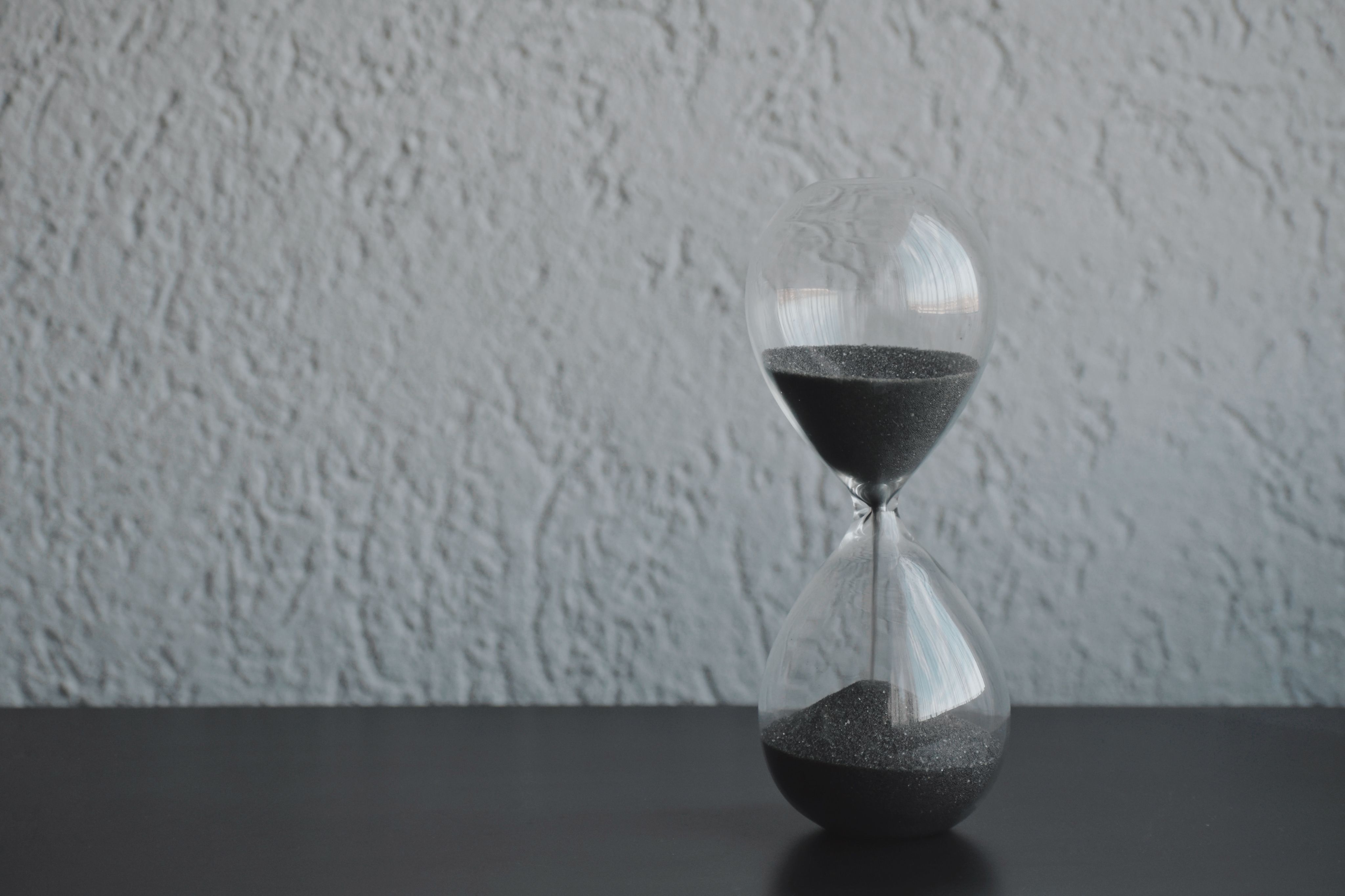
Sleep and memory are strongly correlated
There are four sleep stages, almost each stage contributes to a memory function. Light Sleep, Deeper Sleep and Deepest Sleep are categorised as Non-Rapid Eye Movement Sleep.
Light Sleep Stage
This is the stage when we just fall asleep and contributes to 5% of the sleep cycle.
Deeper Sleep stage
Clears the hippocampus and creates room for more information. This helps to increase the capacity of learning since the hippocampus stores short term memory. We spend 45%,the maximum amount of time in this stage.
Deepest Sleep Stage
Helps in memory recall and memory consolidation. During this stage, information from the hippocampus is transferred to other parts of the brain responsible for long-term memory. We spend 25% of our sleep time in this cycle
Rapid Eye Movement Stage
Connects related memories, helps in problem solving
and helped to process emotions. This is the stage where we have dreams. It is not as deep as there previous two stages and we spend 25% of our sleep cycle in this stage
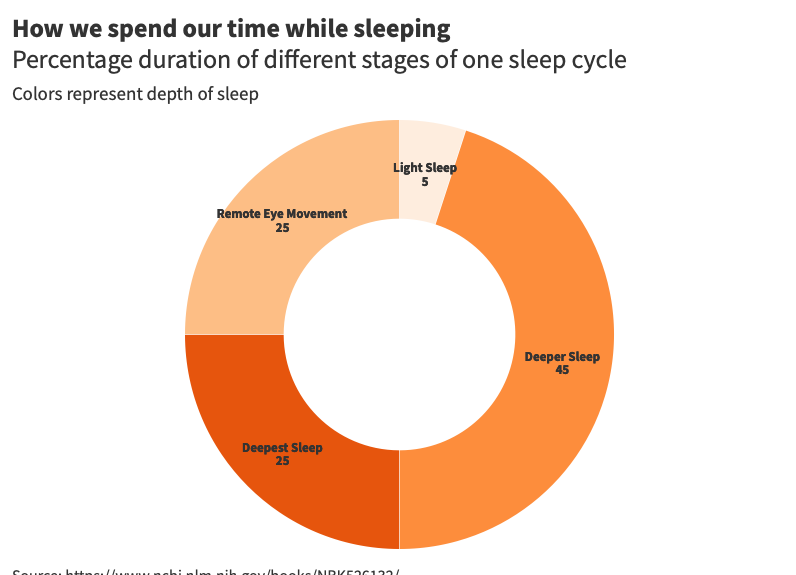
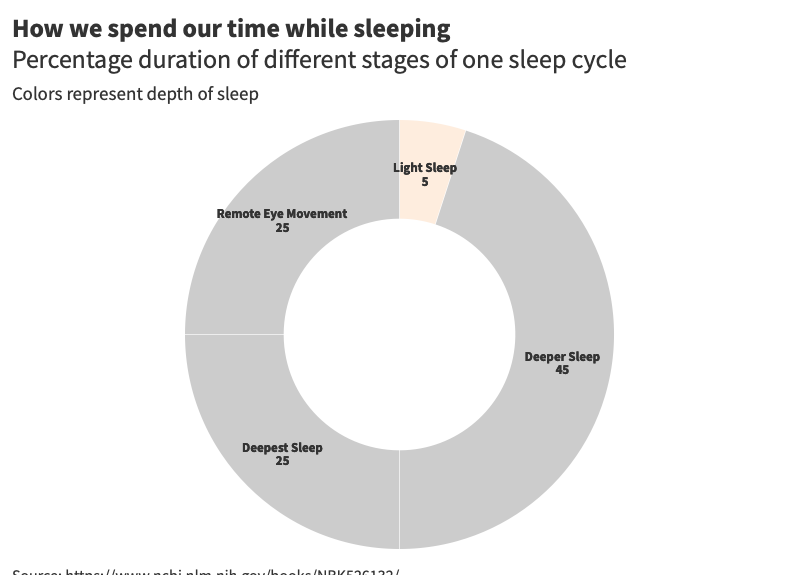
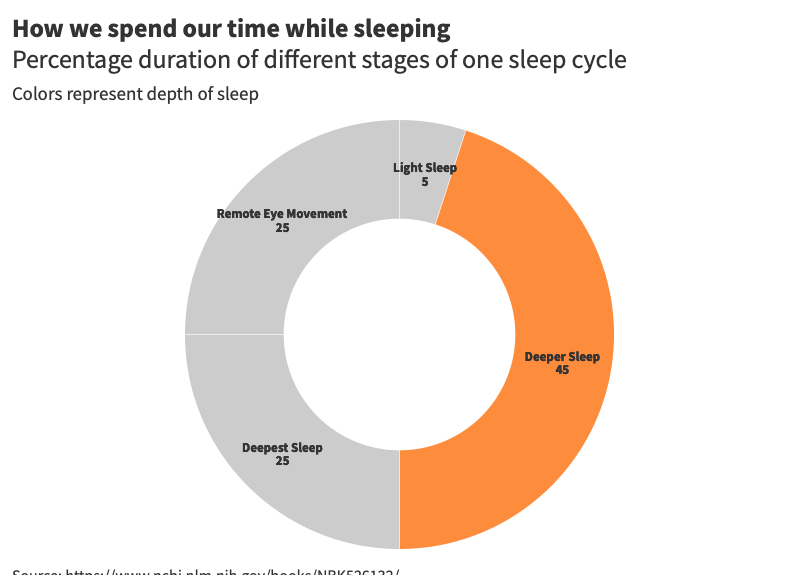
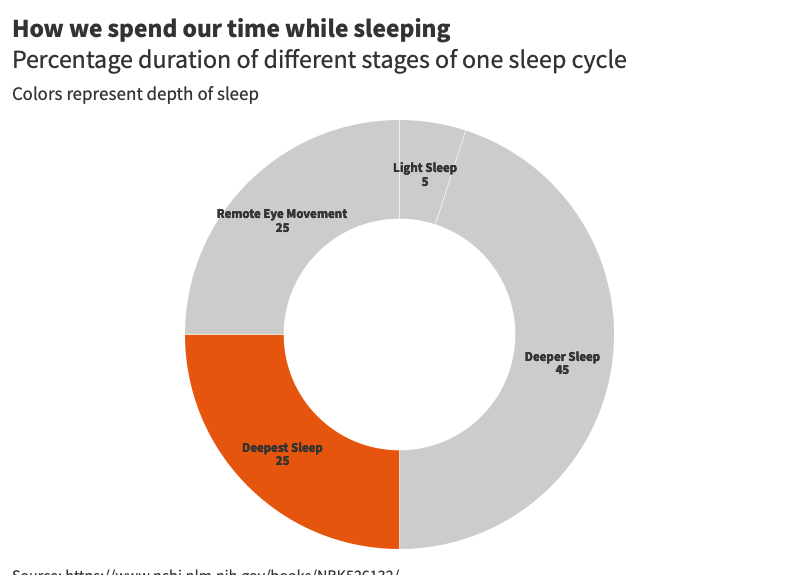
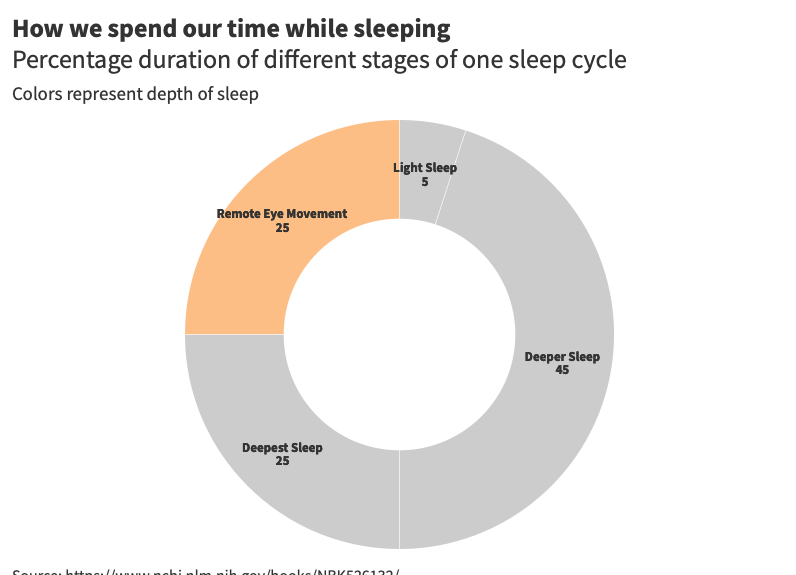
College students are sleep deprived
60% of college students are sleep deprived

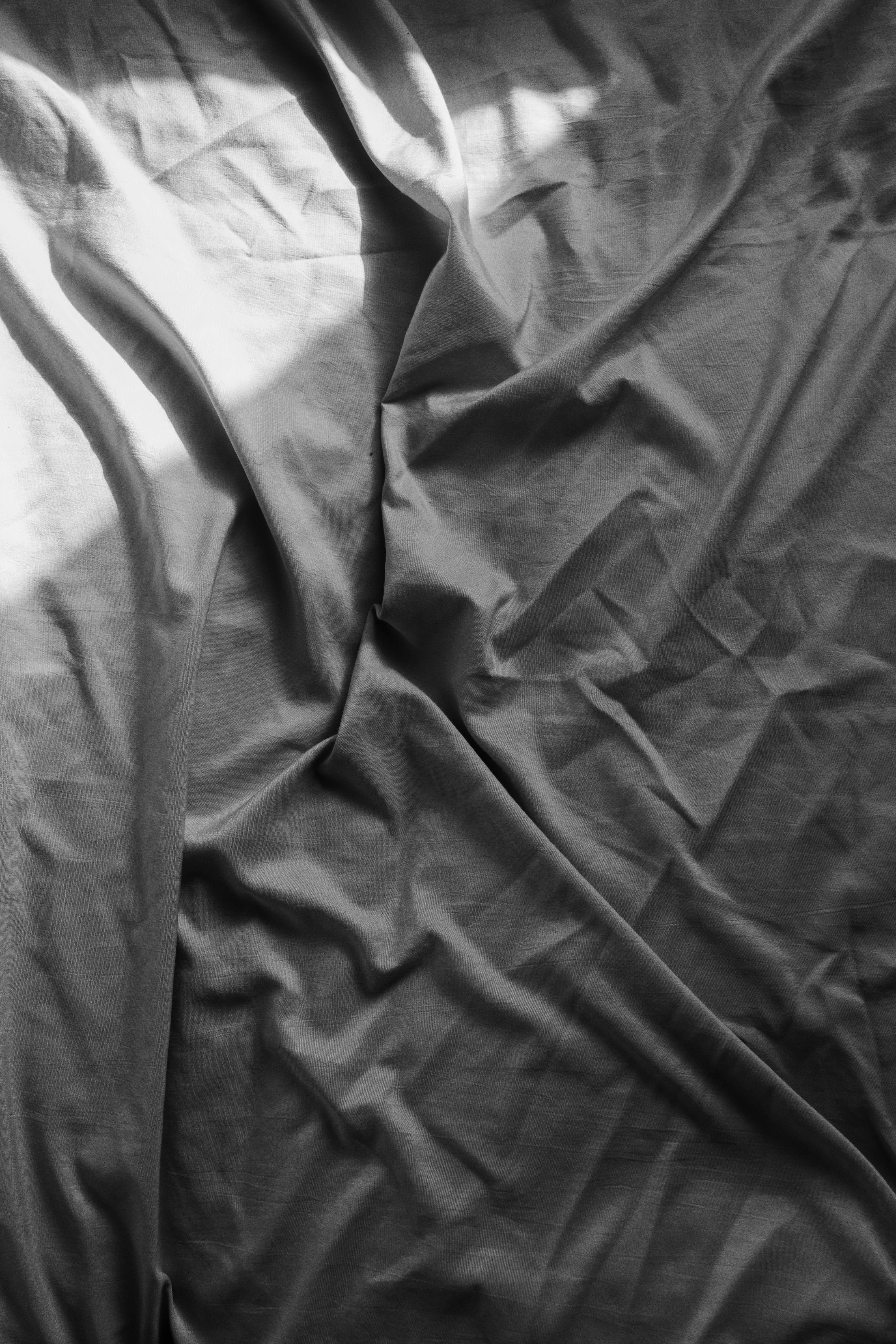
Sleep deprivation in Carnegie Mellon University
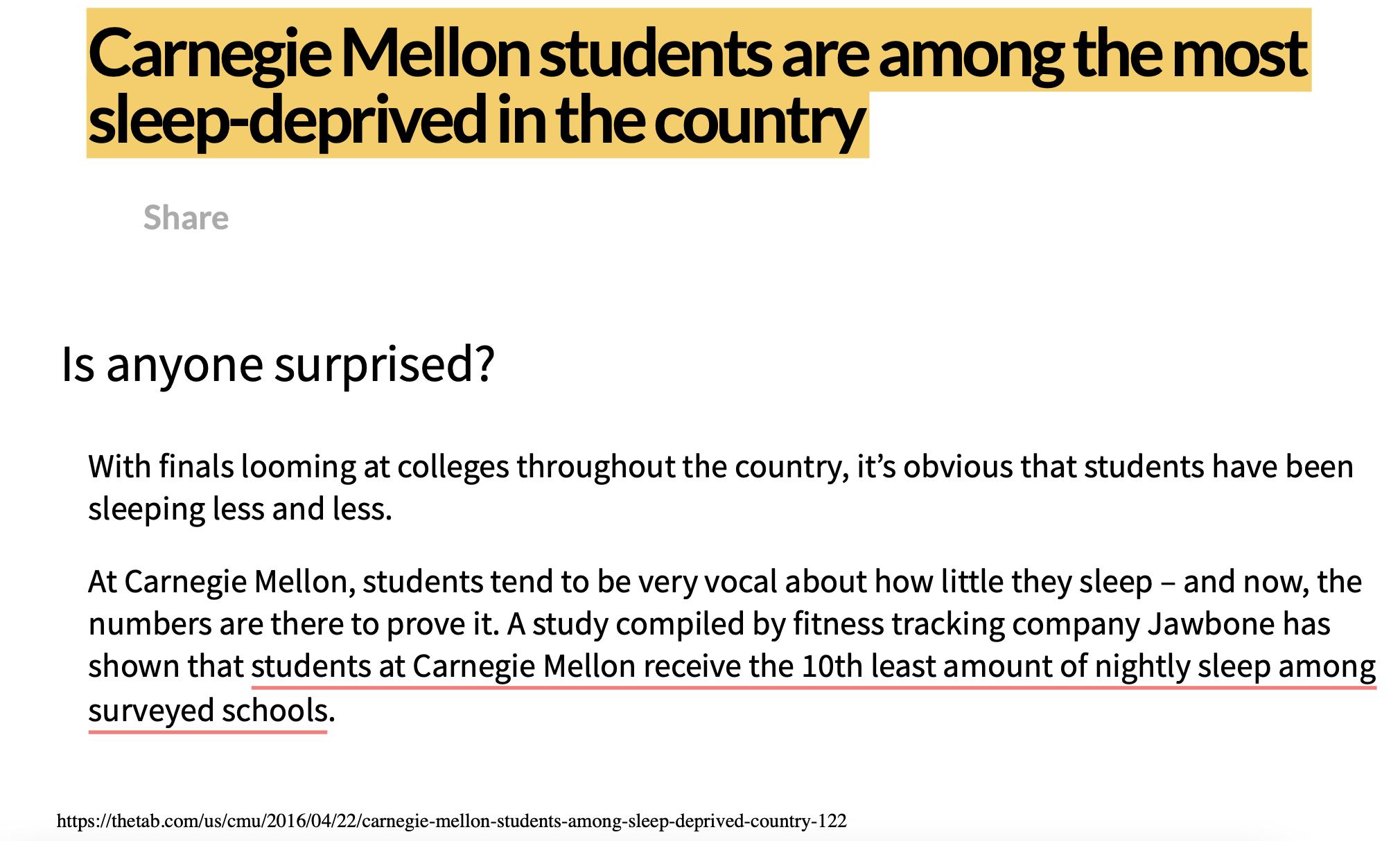
Unhealthy culture disturbs the sleep cycle
Habits such as pulling "all-nighters" before an exam or submission causes inconsistency in the sleep cycle
Source:https://thetab.com/us/cmu/2016/04/22/carnegie-mellon-students-among-sleep-deprived-country-122
Sleep before 2 am!
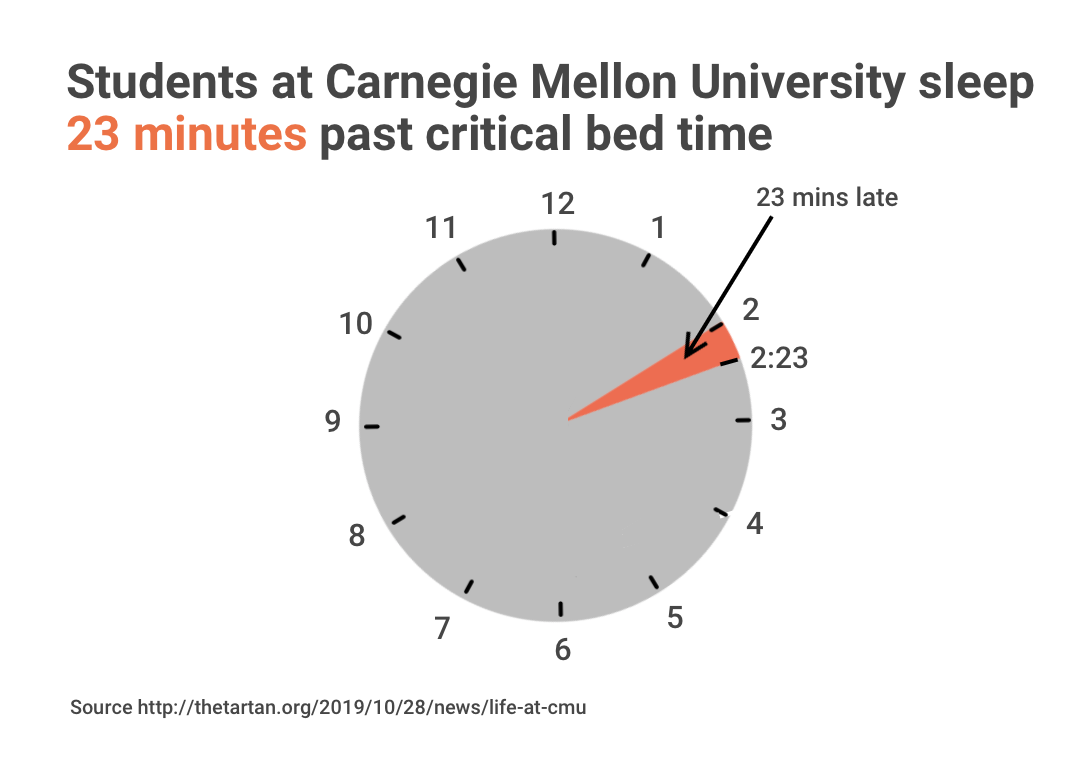
According to a study at MIT, "Going to bed later than 2 a.m., was associated with lower class scores, even if students got as much sleep than those who went to bed earlier".1
At Carnegie Mellon University, the average sleeping time for students in the university is 2:23 am.
1Source: https://news.mit.edu/2019/better-sleep-better-grades-1001
Reasons for sleeping late
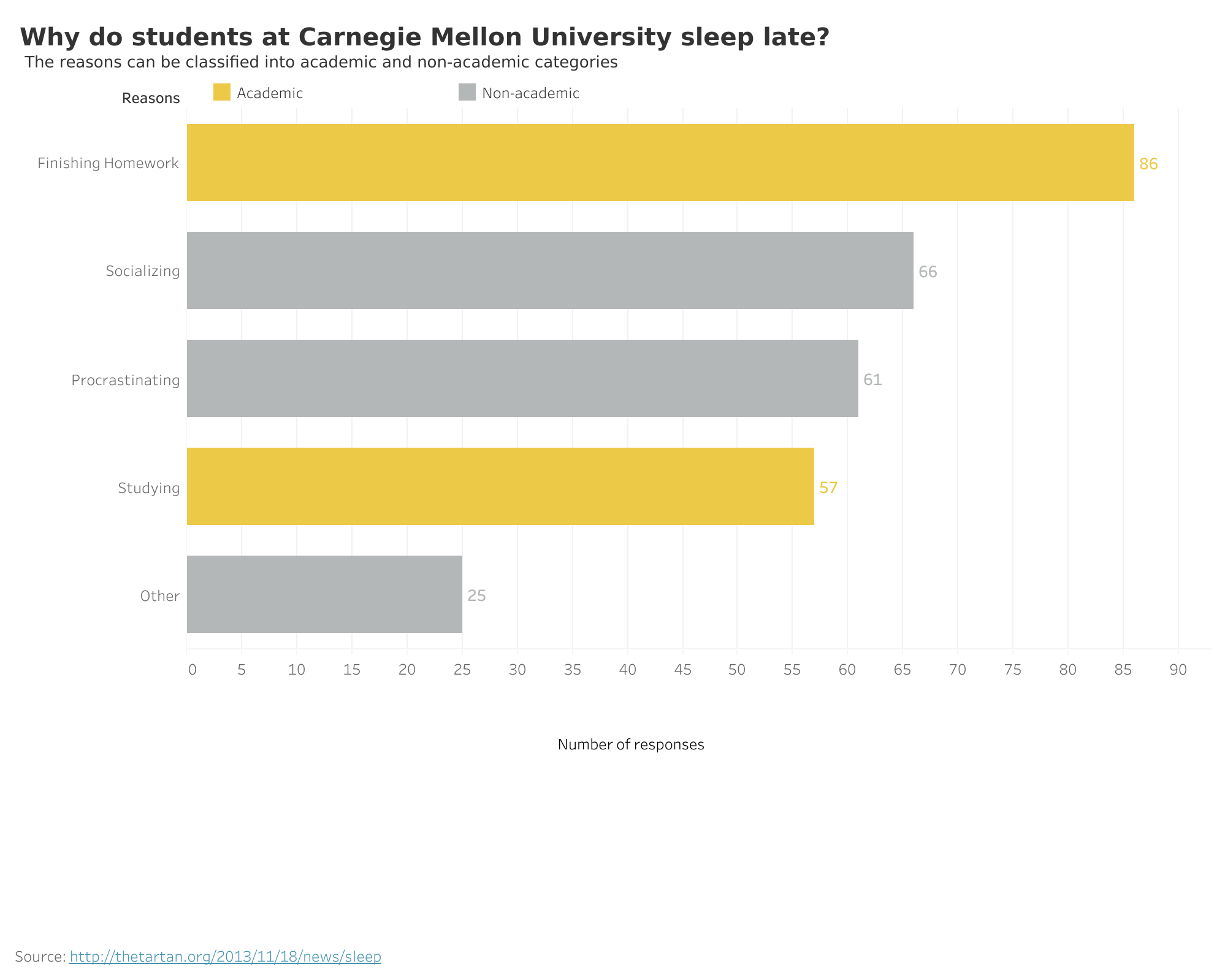
Actions are counterintuitive to reality
During the same survey, 73 out of 102 students reported that they performed poorly on assignments and exams due to lack of sleep
Do you take a lot of time to fall asleep?
Do you feel tired even after you wake up?
Change these two habits to make it better
1. Coffee
2. Screen Time
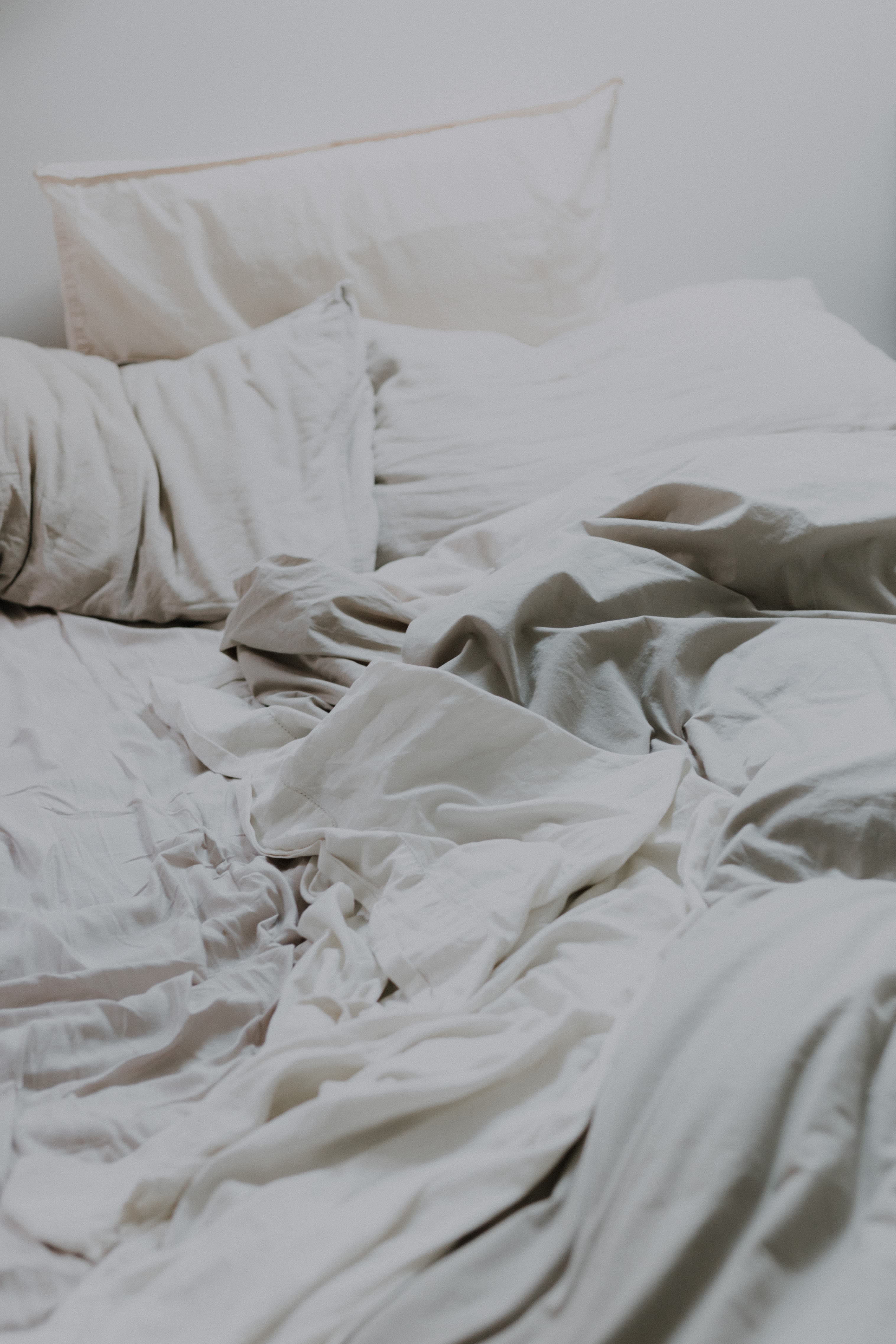
Coffee
In general, caffeine reduces sleep efficiency by 5% and total sleep time by 25-30 minutes
Our body follows a natural cycle of sleeping at night and waking up in the morning. Caffeine blocks adenosine, sleep promoting receptors, making us alert.
The effect on sleep depends on the time of consumption.
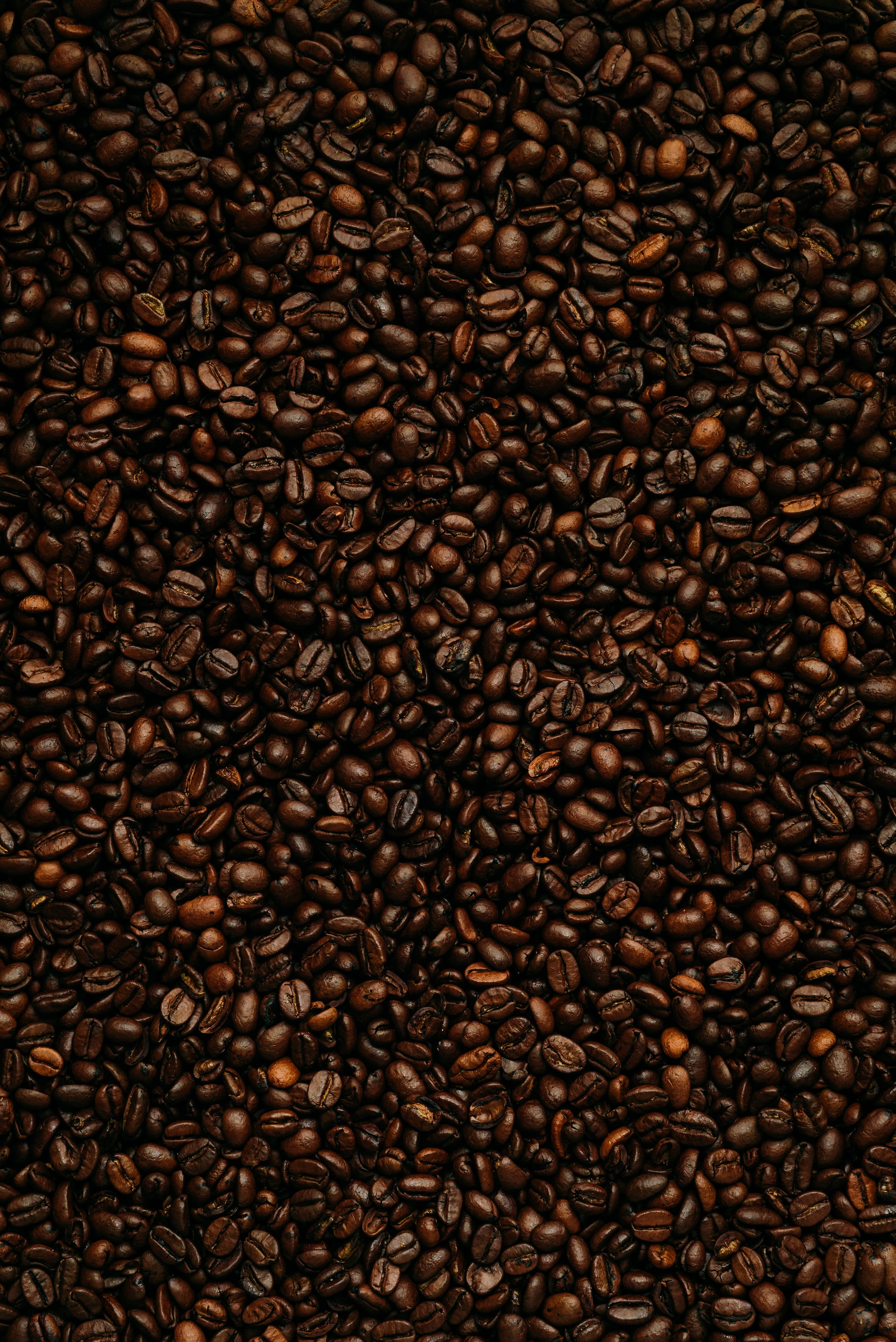
Sleep efficiency reduces as caffeine is consumed closer to bedtime
Results for consumption during bedtime and 3 hours before bedtime are conflicting, however, reason is not yet known.
What can you do?
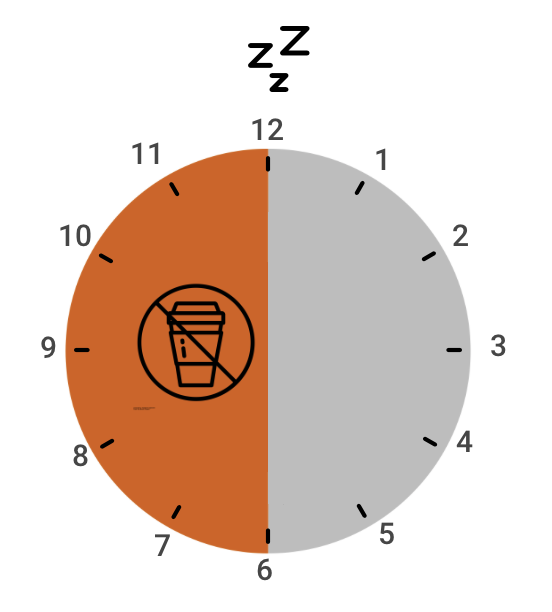
1. Avoid having coffee 6 hours prior to sleeping
2. Eventually try to limit consumption of caffeine
This will help you to fall asleep faster, increase sleep time and improve quality of sleep

Effect of Screens on Sleep
Excessive screen time disturbs the normal sleep cycle
There is reason we wake up in the morning after sun rise. The light helps us to awaken from our sleep. The light from these screens do a similar job, but at night.
It reduces the production of melatonin, a chemical that makes us tired. Due to this, we feel tired less quickly, sleep late and disrupt the normal sleep/wake cycle
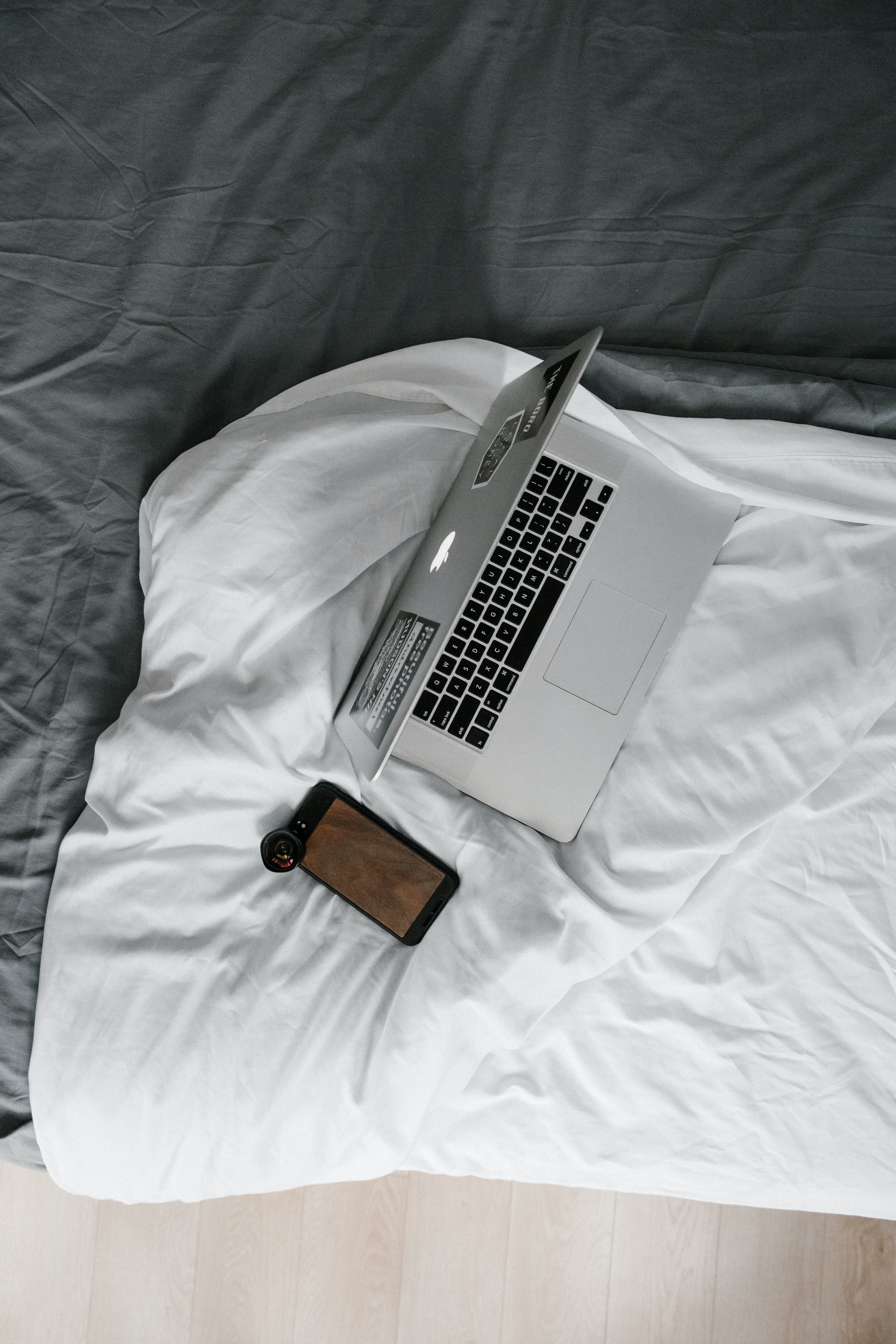
As screen time in the evening increases, the sleep efficiency reduces and time taken to fall asleep increases.
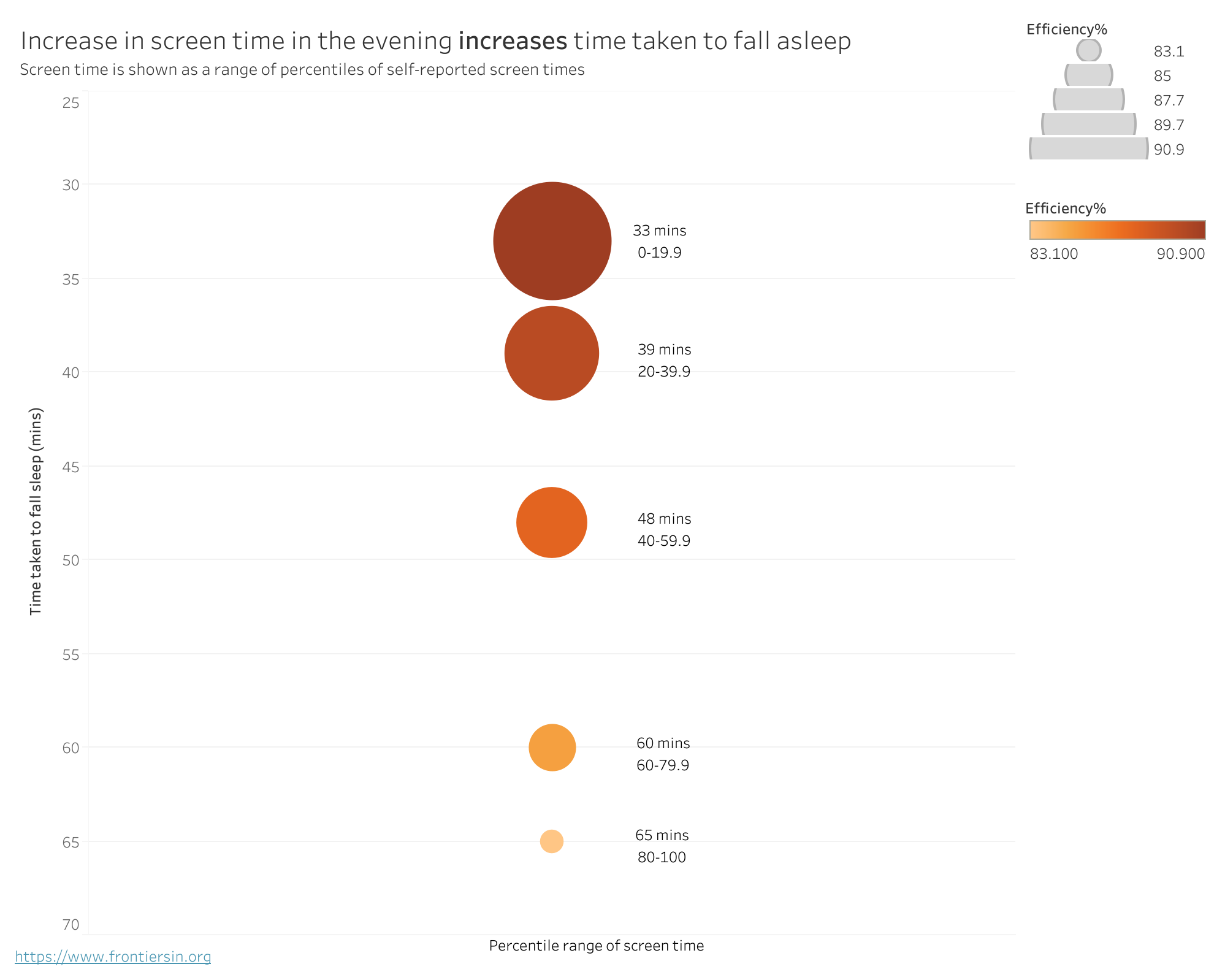
Sleep efficiency reduces as evening screen time increases
What can you do?
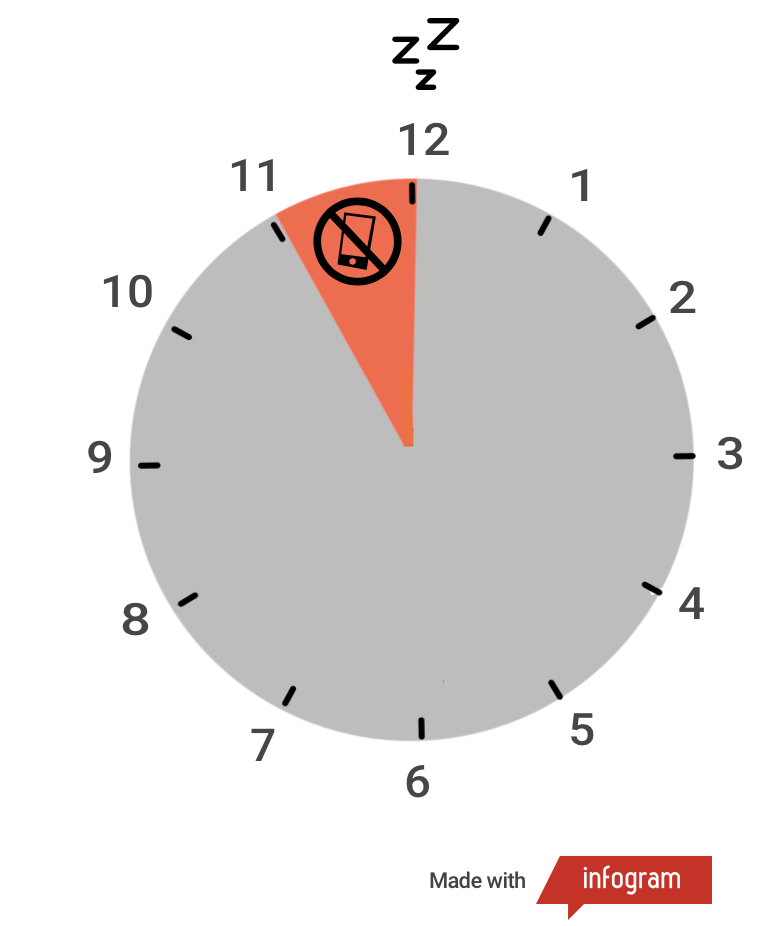
1. Avoid using screens 1 hour prior to sleeping
2. Keep your laptop away after the 11:59pm submissions
Read a book, listen to music or take a shower in that 1 hour.
This will help you to fall asleep faster and get an efficient sleep
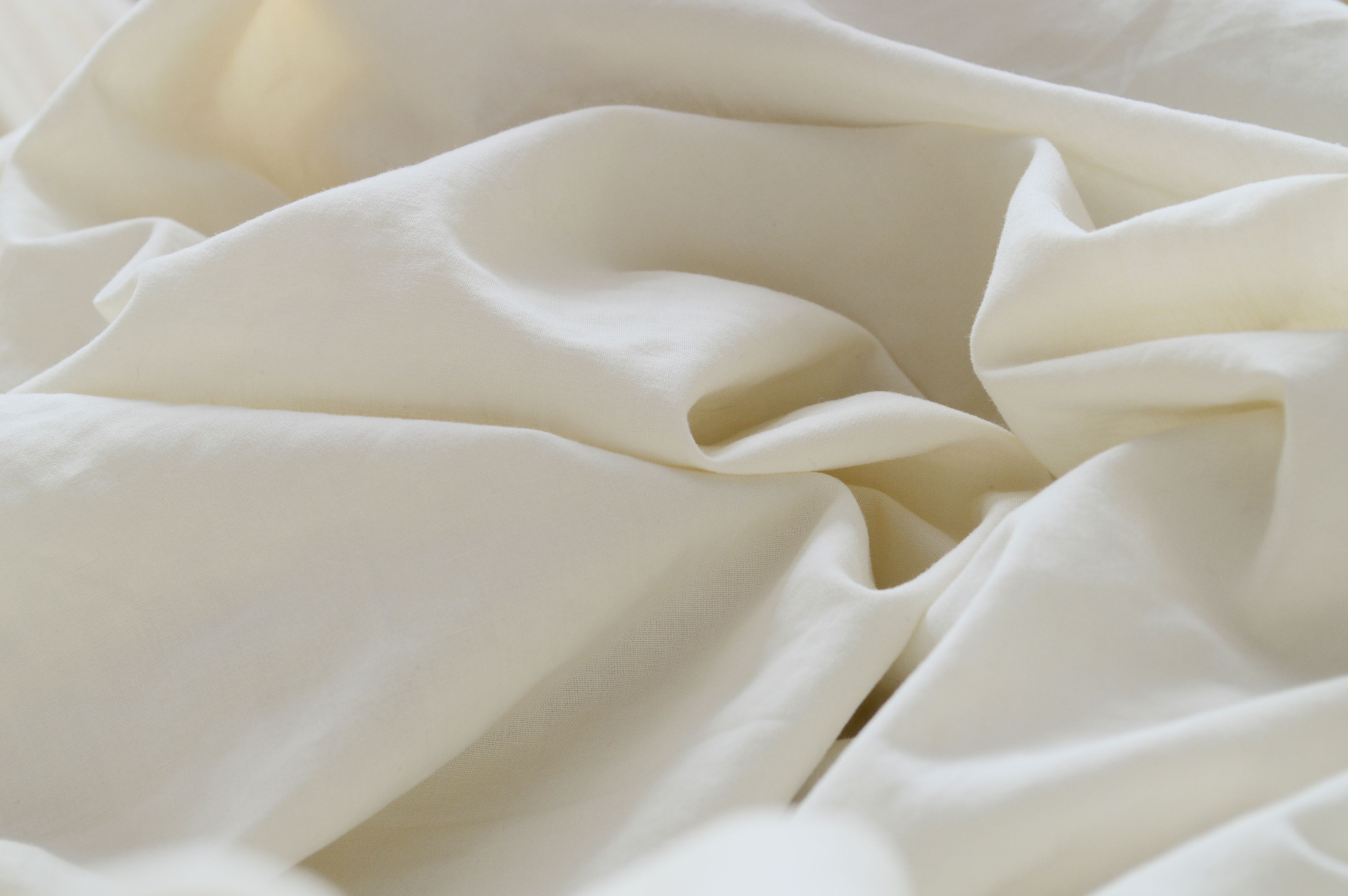
Adopt a healthy sleep schedule
Sleep before 2 am
Try to get 7-8 hours of sleep each night
Be consistent with your sleep cycle, don't just sleep before an exam
Take short naps while studying to increase short term memory
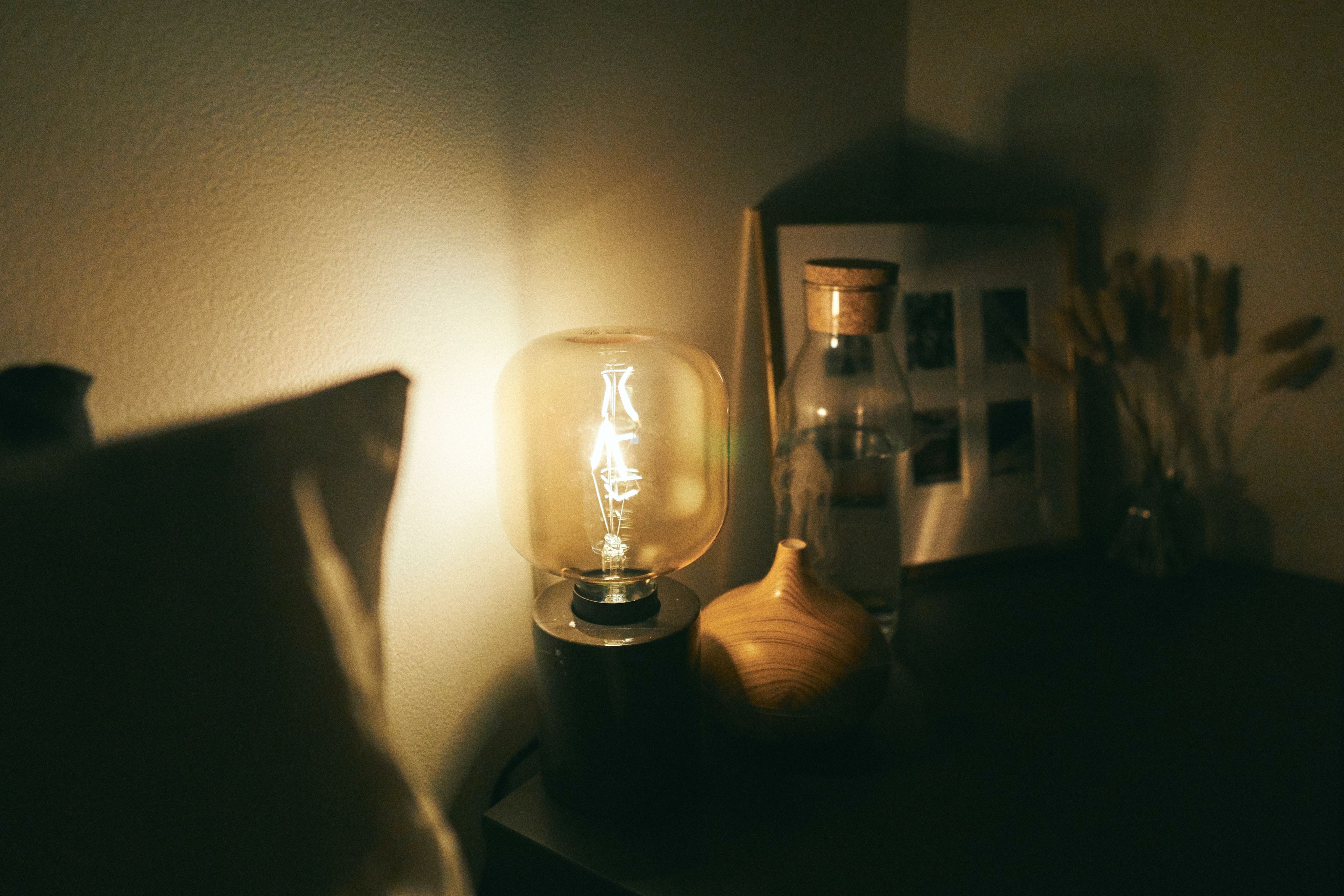
References
Aminoff, Michael, François Boller, and Dick Swaab. 2011. “We Spend about One-Third of Our Life Either Sleeping or Attempting to Do So.” Handbook of Clinical Neurology / Edited by P.J. Vinken and G.W. Bruyn 98 (January): vii. https://doi.org/10.1016/B978-0-444-52006-7.00047-2.
Roser, Max, Esteban Ortiz-Ospina, and Hannah Ritchie. 2013. “Life Expectancy.” Our World in Data, May. https://ourworldindata.org/life-expectancy.
Patel, Aakash K., Vamsi Reddy, Karlie R. Shumway, and John F. Araujo. 2022. Physiology, Sleep Stages. StatPearls [Internet]. StatPearls Publishing. https://www.ncbi.nlm.nih.gov/books/NBK526132/.
“Sleep and Academic Performance Statistics & Sleep Tips for College Students.” 2021. Research.Com. March 22, 2021. https://research.com/education/sleep-and-academic-performance-statistics.
“Carnegie Mellon Students Are among the Most Sleep-Deprived in the Country.” n.d. Accessed December 9, 2022. https://thetab.com/us/cmu/2016/04/22/carnegie-mellon-students-among-sleep-deprived-country-122.
“Life@CMU Report Finds Campus Is Indeed Stressed out - The Tartan.” n.d. Accessed December 9, 2022. http://thetartan.org/2019/10/28/news/life-at-cmu.
Drake, Christopher, Timothy Roehrs, John Shambroom, and Thomas Roth. n.d. “Caffeine Effects on Sleep Taken 0, 3, or 6 Hours before Going to Bed.” Journal of Clinical Sleep Medicine 09 (11): 1195–1200. https://doi.org/10.5664/jcsm.3170.
“The Effects of Screen Time on Your Sleep Schedule | RMHP Blog.” n.d. Accessed December 9, 2022. https://www.rmhp.org/blog/2021/january/the-effects-of-screen-time-on-your-sleep-schedule.
“Screens and Your Sleep: The Impact of Nighttime Use | Sutter Health.” n.d. Accessed December 9, 2022. https://www.sutterhealth.org/health/sleep/screens-and-your-sleep-the-impact-of-nighttime-use.
“Study: Better Sleep Habits Lead to Better College Grades.” n.d. MIT News | Massachusetts Institute of Technology. Accessed December 9, 2022. https://news.mit.edu/2019/better-sleep-better-grades-1001.
Hjetland, Gunnhild J., Jens C. Skogen, Mari Hysing, and Børge Sivertsen. 2021. “The Association Between Self-Reported Screen Time, Social Media Addiction, and Sleep Among Norwegian University Students.” Frontiers in Public Health 9. https://www.frontiersin.org/articles/10.3389/fpubh.2021.794307.
